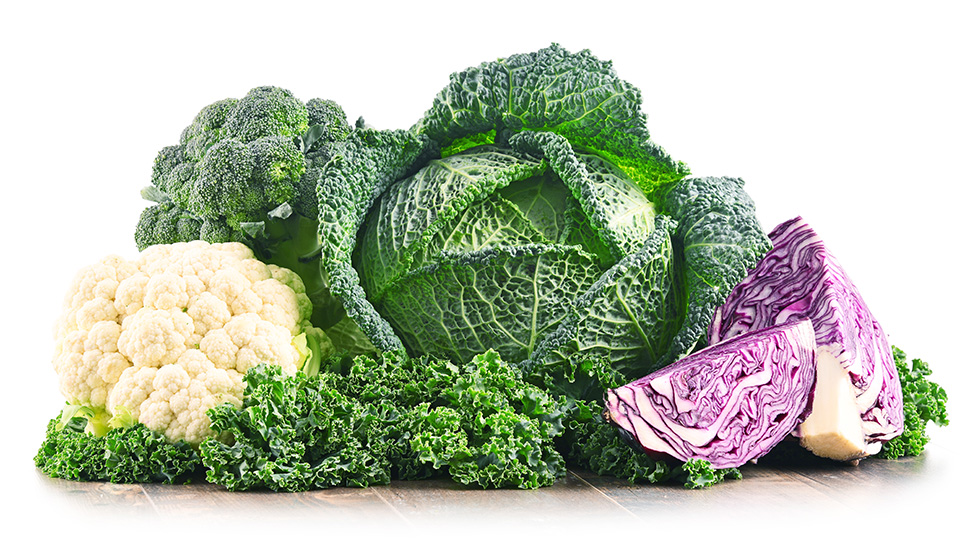
Research shows that our gut microbiome — the community of bacteria that reside in our digestive tract, primarily the small intestine — is linked to everything from acne and eczema to diabetes and weight management. A healthy gut is more than just a well-running digestive system. Research continues to show that our gut microbiome — the community of bacteria that reside in our digestive tract, primarily the small intestine — is linked to everything from acne and eczema to diabetes and weight management. How our gut functions can be a real window into the rest of our health. As we learn more about the gut, and what makes it tick, it’s become clear that what we eat (or don’t) can mean the difference between a thriving microbiome and one that poses possible health risks. So, how do you keep your gut in tip-top shape? A varied diet full of plant foods is your best bet, but there are a few foods that you should add to your plate or limit in your diet for an extra boost.
Eat more of these:
- Prebiotic-rich plants. Prebiotics are the food for the good bacteria (probiotics) in your gut. Garlic, onions, bananas, asparagus, sunchokes, oats, apples, dandelion greens, and barley are some of the shining stars when it comes to prebiotic fiber.
- Fermented foods. To replenish the inevitable loss of good bacteria from our gut — whether from antibiotic use, certain medications, stress, or environmental toxins — get a daily dose of probiotics from foods and drinks. Fermented foods like kimchi, kombucha, sauerkraut, miso, kefir, and tempeh all provide these good bacteria, and each offers a different variety so your best bet is to eat a mix of these foods. Not sure where to start? Try our charred cabbage with kefir dressing or classic home-cured kraut.
- Cruciferous vegetables. Kale, cabbage, cauliflower, broccoli, Brussels sprouts, and other related vegetables have been linked to changes in the gut microbiome and healthier digestive systems. If you don’t eat these vegetables regularly, add them to your diet slowly as too much cruciferous crunch at once can lead to some unpleasant (sometimes, smelly, if you catch our drift) side effects.
Eat less of these:
- Processed foods: Additives often found in processed foods have been linked to negative changes in the gut microbiome. Other research has found that following a diet filled with processed foods may lead to a reduction in good bacteria in your gut. So, limit the stuff found in a box, jar, or can, and stick to whole foods.
- Artificial sweeteners: Preliminary research suggests artificial sweeteners could change our gut microbiome in a negative way. One study even showed that the changes in the gut from these artificial sweeteners could lead to changes in the way we metabolize glucose (the basic form of sugar or carbohydrates), possibly leading to intolerance, which is an initial sign of diabetes. Instead of replacing sugar with the fake stuff, enjoy a small amount, and use theses tips to kick your sweet tooth to the curb.
Let’s also clear up some confusion: gluten and dairy aren’t a problem for gut health as long as you digest them properly. Some people need to avoid gluten (people with celiac or gluten sensitivity) and dairy (those with lactose intolerance or a milk allergy) but the majority of the population can tolerate these foods just fine. In fact, yogurt, which contains probiotics, and whole grains, which contain prebiotics, can promote a healthy digestive system.
When it comes to gut health, there is a lot we still don’t know. But research and clinical evidence continues to show that eating a varied diet full of plants promotes a thriving microbiome. No individual food (bone broth — we’re looking at you), or even one meal, will change your digestive system significantly. And unnecessarily limiting foods can lead to stress that is worse for the digestive system than any individual food.